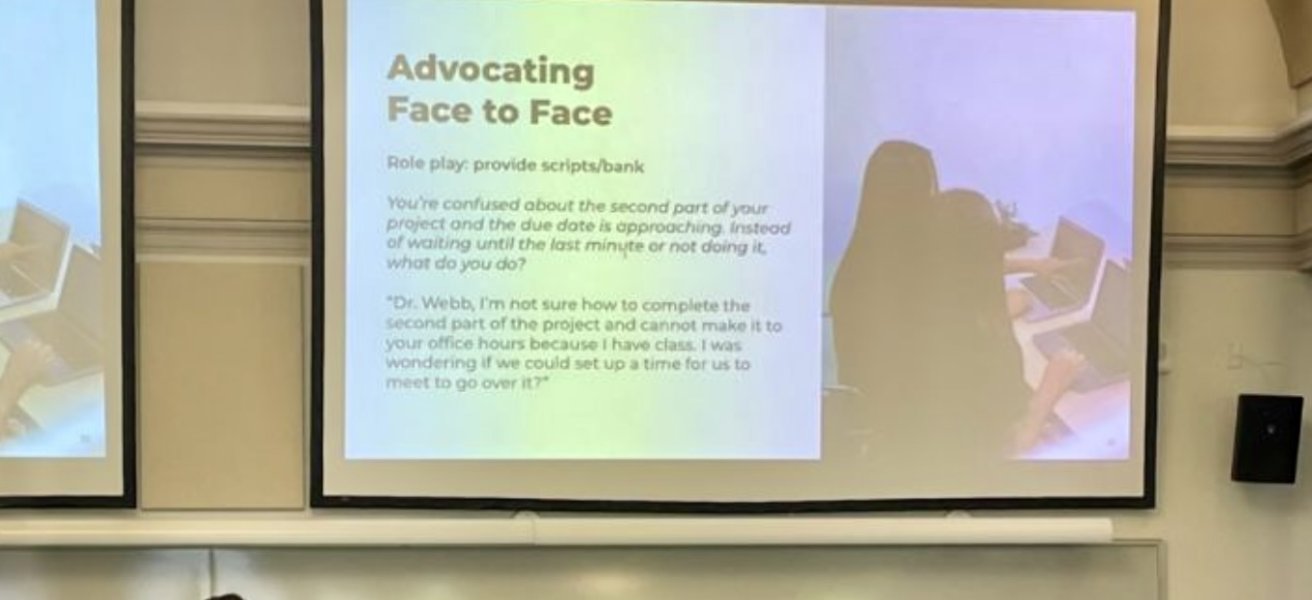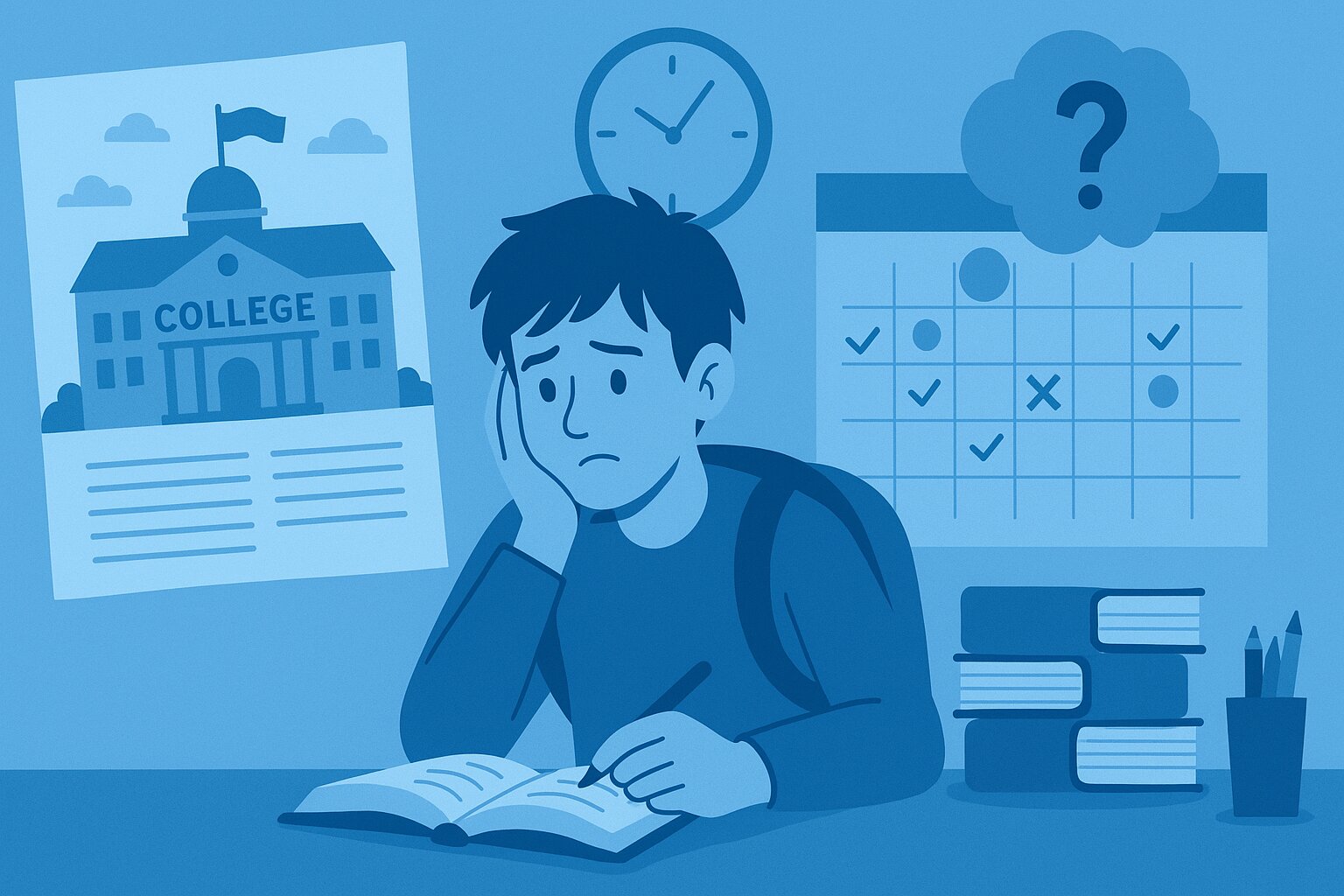As a teacher, I spent my days guiding students through academic challenges, but I wasn’t always the model of academic responsibility myself. If you had told my high school teachers that I’d one day become a teacher, they would have laughed. I was the student who kept my head down, distracted my friends, and barely listened in class.
Back then, I thought my teachers were the problem. I felt like they didn’t care, and it was their job to build a relationship with me. But looking back now, I realize that I was the one pushing them away. It wasn’t until college—and eventually becoming a teacher—that I understood the effort they were putting in and the impact of my own attitude on my success.
When I started showing up differently—paying attention, asking questions, and putting in genuine effort—everything changed. My teachers became more engaged, offered extra help, and shared their passion for learning in ways I hadn’t experienced before. It wasn’t that they changed; I did. By meeting them halfway, I discovered the power of trying, even when success seemed out of reach.
Here are some lessons I wish I’d known earlier—things I believe your teachers wish you knew now:

Use Teacher Websites and Calendars—They’re Your Roadmap
I used to think I could keep track of everything in my head—deadlines, assignments, and tests. That worked for a while, until it didn’t. I ignored teacher websites and calendars, thinking they were just busy work. But as a teacher, I saw how these tools are designed to guide students toward success.
These resources are there to help you stay organized and on top of your work. They aren’t just “extras.” Use them to your advantage so you can stay on track, avoid last-minute stress, and have more free time for the things you actually enjoy.
- Create (and Stick to) an Organizational System
When life gets busy, relying on memory alone doesn’t cut it. I’ve seen countless students make the same mistake I did. Whether it’s a paper planner, digital calendar, or app, find a system that works for you. The key isn’t which system you choose, but how consistently you use it.
When you develop a strong organizational system, you’re not only avoiding last-minute scrambles but also freeing up mental energy for other things. Staying organized allows you to have more control over your time, which means less stress and more room for the things you love.
- Don’t Waste Class Time—It’s a Game Changer
“I’ll do it later” was my mantra in high school. I half-listened in class, assuming I could finish everything at home. But by the time I got there, distractions—friends, my phone, or just being exhausted—made homework overwhelming.
As a teacher, I saw firsthand how using class time to start assignments or ask questions saves hours of frustration later. When you take advantage of the time when help is right in front of you, you get ahead of the curve. Those few extra minutes spent focusing in class can save you hours of stress later on.
- Attend Study Sessions or Office Hours—They’re for Everyone, Not Just Those Struggling
I used to avoid study sessions and office hours, worried that they’d make me look like I didn’t understand the material. In reality, the students who showed up to these sessions were the ones getting ahead.
Study sessions aren’t just extra work—they’re opportunities to get targeted help and clarify tricky topics. Taking advantage of these sessions not only boosts your understanding but also frees up time later. Showing up signals that you care about your success, and that effort often leads to better grades and more free time for yourself.
- Ask Questions—It’s a Sign of Strength, Not Weakness
I used to think asking questions would make me look clueless, but staying silent held me back. Teachers appreciate students who engage and ask questions—it shows you’re paying attention and that you care.
Even if you think your question is too basic, go for it. Chances are, someone else has the same question. And the more you ask, the more you’ll understand, saving you hours of confusion down the road. Plus, teachers are more likely to support students who actively participate.
- Address Missing Assignments ASAP—Don’t Let Them Snowball
I used to ignore missing assignments, hoping they’d magically go away. They didn’t. What I’ve learned is that teachers would rather help you catch up than see you fall behind. The earlier you reach out, the easier it is to fix the issue.
By staying on top of missing assignments and communicating with your teachers, you prevent small gaps from turning into major setbacks. It also shows you’re serious about your learning, which can lead to more support from your teachers.
- Remember That Teachers Have Lives Outside of School
When I was a student, I rarely thought about my teachers as people outside the classroom. But teachers are human too, and acknowledging that can go a long way. A simple, “How’s your day going?” or “I enjoyed the lesson today.” can make a big impact.
Building relationships with your teachers creates a more supportive environment for everyone. It shows mutual respect and can lead to a better overall school experience.
Final Thoughts: You’re Not Alone in This
At one point, I thought my academic struggles were mine alone to bear. But the truth is, teachers want to help. They’re rooting for you to succeed, and most will go the extra mile if they see you’re putting in the effort.
It’s not about being perfect; it’s about showing up and giving your best. When you put in the effort, that effort won’t go unnoticed. Ready to unlock your full potential?
At Untapped Learning, we provide personalized support to help you navigate academic challenges and reach your goals. Whether you’re struggling with organization, time management, or just staying focused, our coaches are here to help. Reach out today and take the first step toward success.
For More:
Princeton Strategies for Success
Parenting a child who struggles with executive function can be overwhelming, but you don’t have to navigate this journey alone. Let Untapped help!





